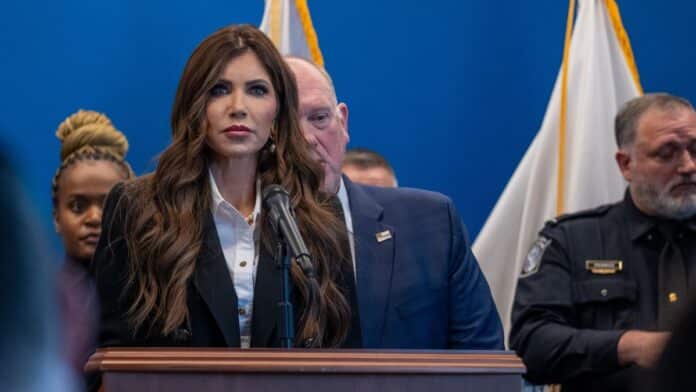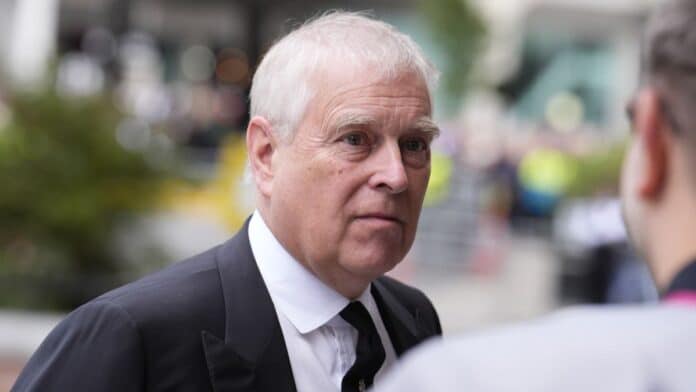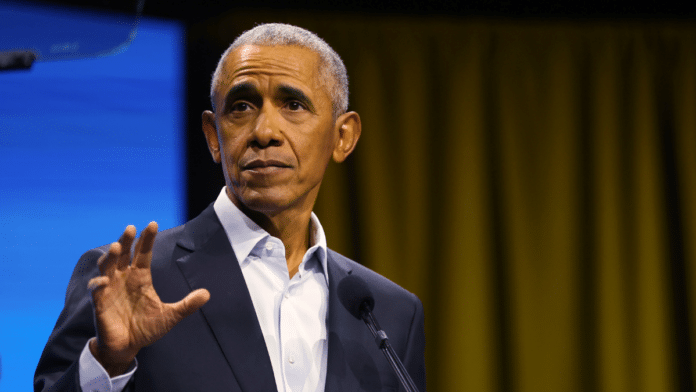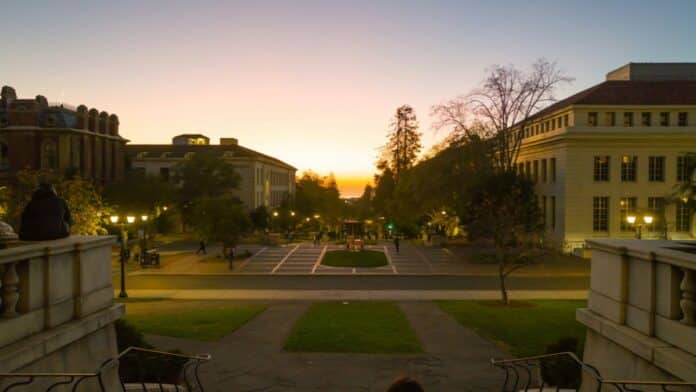A trans student in Indiana has pleaded guilty to conspiracy to commit murder after plotting a Valentine’s Day mass shooting at Mooresville High School. Trinity J. Shockley, 18, who identifies as a transgender male and goes by “Jamie” or “Dex,” entered the plea Monday in Morgan Superior Court. Under the deal, prosecutors dropped two intimidation charges. Sentencing for the trans student is scheduled for Nov. 24.
According to court documents, Shockley kept a “shrine” to mass shooters including Parkland gunman Nikolas Cruz, Charleston church killer Dylann Roof, and Oxford High School shooter Ethan Crumbley. The Morgan County Sheriff’s Department said the discovery included photos, buttons, and a journal filled with violent writings. “These thoughts never seem to stop,” Shockley wrote on Dec. 16, 2024. “I am just a loser… I hope whoever reads this takes acknowledgment and maybe use it for your massacre.”
Authorities said the FBI received a tip warning that Shockley had access to an AR-15 rifle, had ordered a bulletproof vest, and was planning a shooting “because that would present the most target-rich environment.” Investigators uncovered online messages where Shockley, using the handle “Crazy Nikolaz,” described the attack as “Parkland part two.”
Court documents revealed Shockley later told police the plan was “a joke,” claiming to seek mental-health help after suffering a brain injury in 2022. Prosecutors are requesting a prison sentence of up to 30 years for the trans student, while the defense has asked for no more than 12.5 years and probation.












